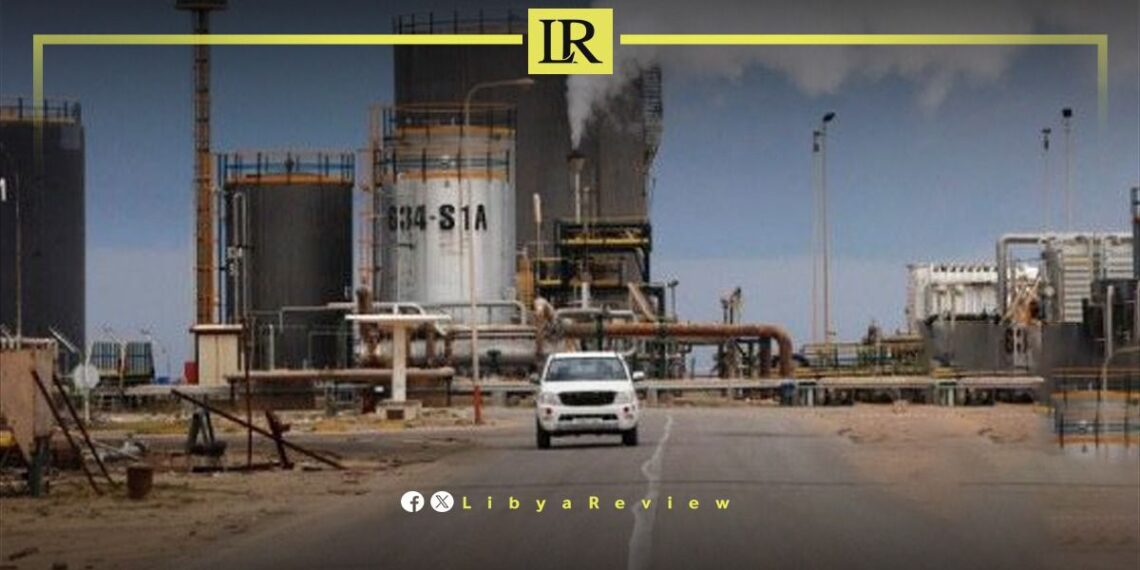Libya’s daily crude oil production has surged to 1,254,350 barrels in the past 24 hours, according to an announcement by the National Oil Corporation (NOC) on Monday.
This significant increase underscores Libya’s robust efforts to enhance its oil output amidst global market dynamics.
The NOC’s latest statistics reveal that daily condensate production stood at 51,949 barrels, while natural gas production reached an equivalent of 216,034 barrels per day. This brings the total daily output of crude oil, condensates, and natural gas to 1,522,333 barrels of oil equivalent.
On Sunday, the NOC reported producing over 1,250,000 barrels of crude oil, alongside 52,841 barrels of condensates and an equivalent of 211,775 barrels per day of natural gas. These figures highlight a consistent upward trend in Libya’s hydrocarbon production.
In a recent meeting, NOC Chairman Farhat Bengdara expressed the corporation’s ambition to boost oil production to 2 million barrels per day by the end of next year (2025). This statement was made during discussions with Abdulhamid Dbaiba, the Prime Minister of the Government of National Unity (GNU), held on Sunday.
Libya, a member of the Organization of the Petroleum Exporting Countries (OPEC), has been working diligently to stabilize and increase its oil production following years of internal conflict and political instability. The country holds Africa’s largest proven oil reserves and relies heavily on oil revenues to support its economy.
Since the end of the NATO-led intervention in 2011, Libya’s oil infrastructure has faced numerous challenges, including armed conflicts, blockades, and technical issues. However, recent efforts by the GNU and the NOC to secure oil fields and invest in infrastructure have shown positive results.
The increase in production comes at a crucial time for global oil markets, which are navigating supply uncertainties due to geopolitical tensions and shifts in energy policies. Libya’s ability to ramp up production could play a significant role in stabilizing oil prices and ensuring a steady supply to international markets.
Libya’s strategic importance in the global oil market cannot be overstated. Its proximity to European markets and high-quality light sweet crude make it a key player in the region. The NOC’s plans to expand production capacity are expected to attract foreign investments and enhance the country’s economic stability.


